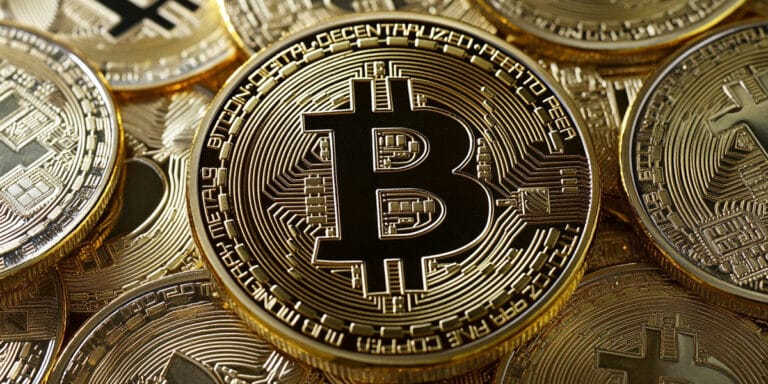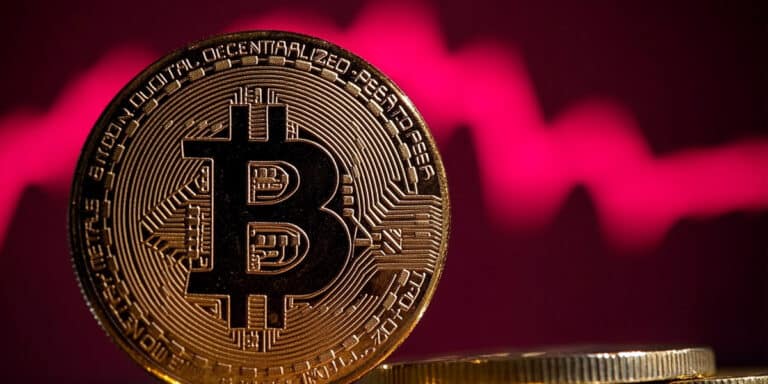92% of Salvadorans Continue To Snub Bitcoin, Despite President’s Push
Survey Reveals 92% of Salvadorans Don’t Use Bitcoin, Casting Doubt on Bukele’s Crypto Experiment.
Key Takeaways:
- A recent survey shows that 92% of Salvadorans don’t use Bitcoin for transactions.
- Only 1.3% of respondents believe Bitcoin should be the country’s main focus for the future.
- President Nayib Bukele’s Bitcoin experiment continues to draw mixed reactions locally and internationally.
El Salvador’s bold experiment with Bitcoin has not resonated with the majority of its citizens. A recent survey conducted by the San Salvador University Francisco Gavidia found that 92% of Salvadorans do not use Bitcoin for transactions.
Despite being the first country in the world to adopt Bitcoin as legal tender in 2021, only 7.5% of respondents said they used the cryptocurrency for payments, highlighting ongoing skepticism.
Bitcoin Adoption Remains Low Among Salvadorans
El Salvador’s decision to make Bitcoin a legal currency, spearheaded by President Nayib Bukele, was intended to provide the unbanked population with access to financial services.
However, a survey of 1,224 adults reveals that enthusiasm for Bitcoin has waned slightly.
Only 1.3% of respondents believe Bitcoin should be the “main bet” for the country’s future, suggesting Salvadorans prioritize sectors like education and industry over cryptocurrency in shaping their nation's economic outlook.
While the survey indicates a decline in Bitcoin usage, it also highlights that 60% of Salvadorans believe the country is on the right path under Bukele’s leadership.
His controversial crackdown on organized crime, which has imprisoned around 1% of the population, continues to receive widespread domestic support despite criticism from human rights groups.
In 2021, El Salvador made headlines by becoming the first nation to adopt Bitcoin as legal tender. This move aimed at increasing financial inclusion in a country where over 70% of the population lacked access to traditional banking services.
The government rolled out the Chivo wallet, hoping to facilitate remittance payments and reduce fees, but the cryptocurrency's volatility has kept many Salvadorans wary.
Protests erupted after the Bitcoin Law was passed, with locals expressing concerns about price fluctuations and the government’s push for businesses to accept Bitcoin despite exemptions for technological limitations.
El Salvador’s Bitcoin Acceptance and Future Outlook
El Salvador’s Bitcoin experiment has elicited mixed reactions worldwide. While crypto enthusiasts have praised the country’s innovative approach, institutions like the International Monetary Fund (IMF) have warned of the risks.
However, Bukele’s vision of building a Bitcoin City and offering Bitcoin “Freedom” visas has continued to attract international headlines, but it remains uncertain whether most Salvadorans will embrace this digital revolution.
Bukele's recent re-election for a second term comes with a bold promise to establish El Salvador as a world leader in various sectors, including cryptocurrency. Yet, the success of this vision hinges on bridging the gap between international enthusiasm and domestic skepticism toward Bitcoin.



